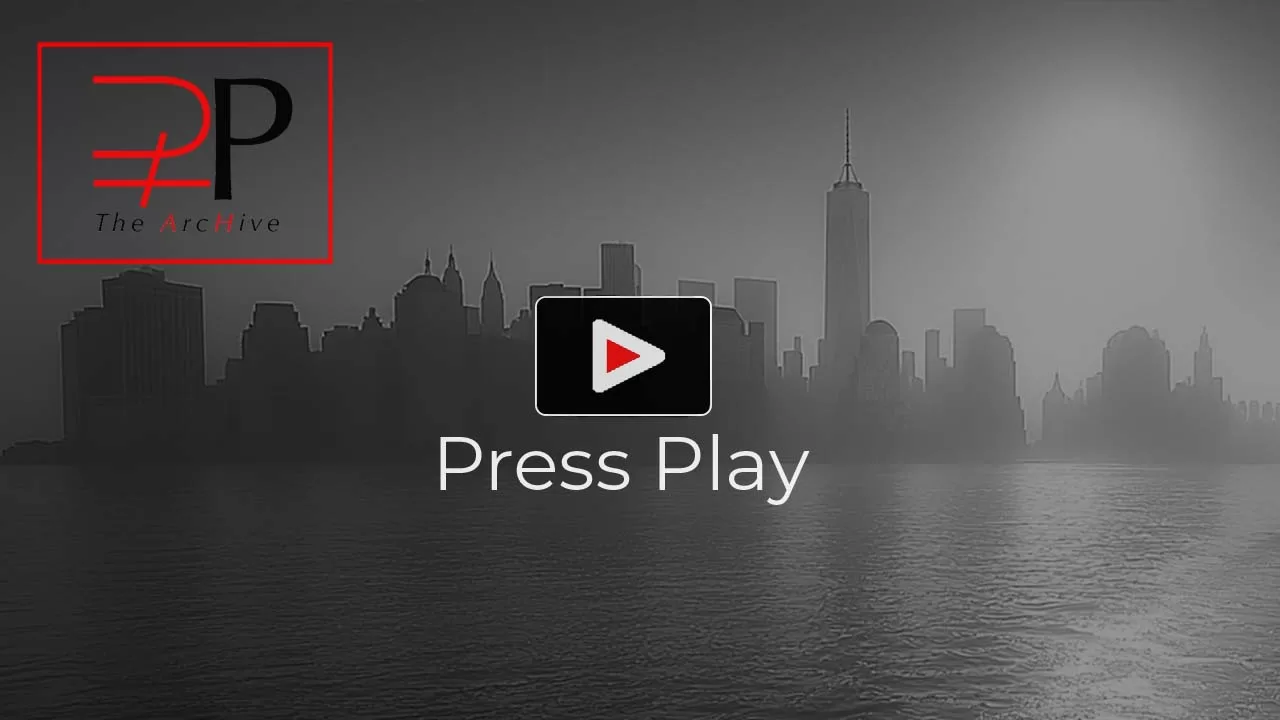Understanding the Electoral College
The Slave Codes weren’t just about control—they were a blueprint for America’s obsession with criminalizing Black existence. From banning literacy to policing movement, these laws made sure Black people stayed property, not people. And when slavery ended, the rules didn’t disappear—they just changed uniforms. Today, you can still see the echoes in stop-and-frisk, over-policing, and mass incarceration. These weren’t random policies. They were hand-me-downs from a system built to control, punish, and erase. If you want to understand America’s justice system, start with the Slave Codes.
This project is part of The Truth Project, a visual archive uncovering the untold, overlooked, and erased chapters of American history. We don’t just report the facts; we revive them.
To explore more films or stories like this, visit our main archive or follow us on social media.




 and then
and then